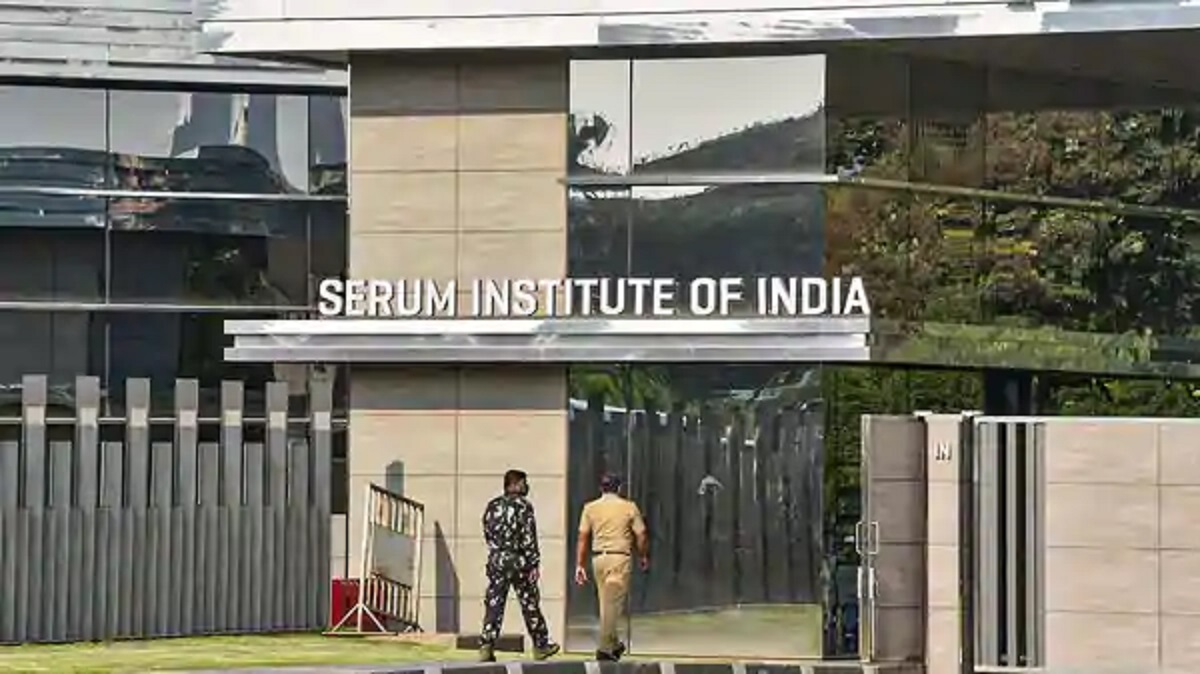RIO DE JANEIRO, BRAZIL – One of the world’s largest manufacturers of medical supplies, India will begin exporting vaccines against Covid-19 by next Wednesday, January 20th, government sources said.
Brazil, which is negotiating the shipment of two million doses of the AstraZeneca/Oxford University vaccine produced by the Indian Serum Institute, is not on the list of nations considered, according to Reuters.

The first batch exported will go to Bhutan, said officials who asked to remain anonymous because a formal announcement has yet to be made by the Indian government. Two million doses of the immunizer produced by the Serum Institute will also be shipped to Bangladesh on Thursday, the same sources said.
The Bangladesh Ministry of Foreign Affairs confirmed the plans, saying a special flight from India will land in Dhaka on Thursday.
“Bangladesh will get two million doses of the Covid-19 Oxford-AstraZeneca vaccine from India as a donation on January 21st,” the portfolio said in a statement.
India has received requests from dozens of nations, including an urgent request from Brazil, to begin exporting the Serum center vaccine. However, Indian Prime Minister Narendra Modi’s government wanted to launch a vaccination campaign in the country before exporting, one of the sources said.
India began vaccinating its healthcare professionals on Saturday with the Oxford/AstraZeneca immunizer, as well as another developed by Bharat Biotech. The country intends to begin exporting the Bharat vaccine in the near future.
The Brazilian government prepared a plane to collect two million doses of the Oxford/AstraZeneca vaccine in India, which would be imported by the Oswaldo Cruz Foundation (FIOCRUZ) and used at the start of vaccination in the country, but the flight was cancelled. The emergency use of the immunizer to be brought from the Asian country was approved by the National Health Regulatory Agency (ANVISA) last Sunday.
In addition, private vaccination clinics have also agreed to buy five million doses of the Bharat vaccine once the immunizer is permanently registered with ANVISA.
Last Monday, Minister of Health Eduardo Pazuello explained the impediments in negotiations with India due to the Asian country’s “time zone”. Pazuello was also unable to specify a date for the arrival of the doses produced by the Serum.
“We have had diplomatic meetings with India daily. The time zone differential is very difficult. We are being given the indication that this should be solved in the next few days this week,” said the Minister of Health during a press conference.
President Jair Bolsonaro met with India’s Ambassador to Brazil, Suresh K. Reddy, in an effort to expedite the clearance of vaccines.
Before starting vaccination of Brazilians with the CoronaVac, developed by China’s Sinovac Biotech in partnership with the Butantan Institute, the immunizers imported from India were the federal government’s main target to begin the immunization campaign against Covid-19.
Covax support
The Indian government’s measure clears the way for many low- and middle-income countries to secure supplies of the AstraZeneca vaccine developed together with Oxford University.
Last week, the institute told Reuters that it was expecting a World Health Organization (WHO) emergency use authorization for the vaccine soon. The Serum has been licensed to produce the immunizer for low- and middle-income countries.
The measure will also allow the Serum to begin supplying the WHO’s Covax initiative, which seeks equal distribution of Covid-19 vaccines worldwide.

